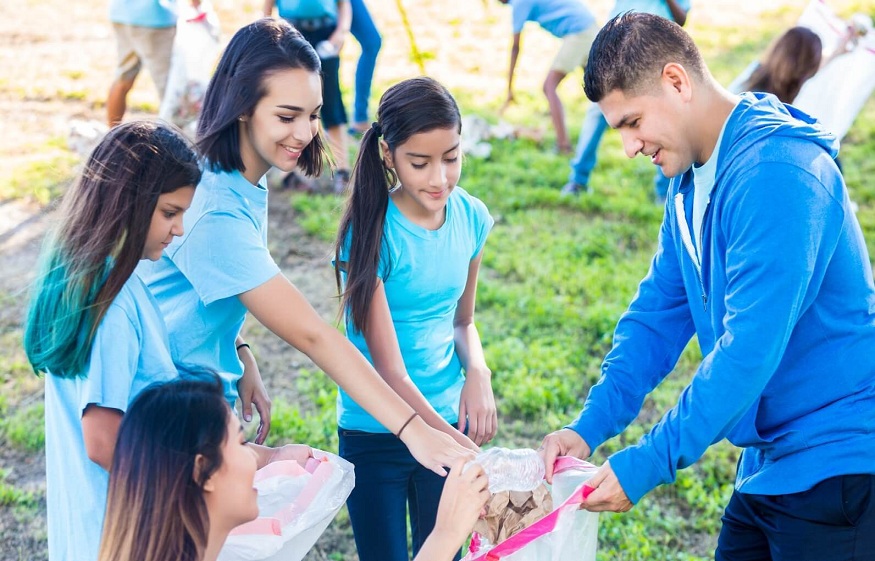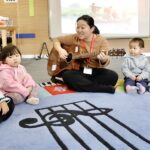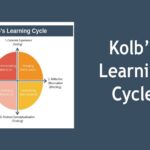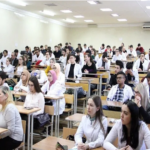
A global citizen is aware of and understands the world, its complexities, and where their place is. They take an active role in their community, working to make the world a more peaceful, sustainable and fairer place.Global citizenship shows young people that they have a voice, and that although the world is changing fast, they can still make a positive impact.
We all want to raise our children to be well-rounded, intelligent and compassionate individuals – and fostering global awareness in them from a young age helps contribute to this.
Here are some of our top tips to help you raise your children to be global citizens.
Encourage your child to read a variety of books
Not only is reading educational, but it also engages them in storytelling which helps them be imaginative, learn to empathize and relate to the characters’ struggles. Providing your children with books from a wide variety of genres, topics and cultures helps broaden their minds, exposing them to the fictional or non-fictional experiences of those different to themselves.
You’ll want to make sure books you choose are:
- Based in different countries.
- Discuss different cultures, customs and traditions that are “other” to their own.
Diverse in their story lines with characters from different races, religions, abilities, economic group sand genders.
Engage them in community and volunteer work
Volunteering is a great way for children to learn compassion and how to give back to local and global communities from a young age.This is also something that is quite commonly incorporated into an international school’s curriculum.
By including this in their curriculum, international schools offer children easy access to those from different backgrounds, teaching them how to help others, encouraging civic responsibility. We incorporate service learning into our curriculum here at Alice Smith School as we understand how important it is for our student’s development.
Expose them to multiple languages and travel
Learning multiple languages helps children to:
- Develop problem-solving and critical thinking skills
- Improve their concentration
- Strengthen their listening skills
- Learn how to multitask
- Improve their memory
All these are increasingly desirable qualities that employers look for – for example, in the U.S. alone, the number of jobs geared towards bilingual candidates more than doubled between 2010 and 2015.
Travelling is also a major part in raising a globally aware child. Enabling them to experience different countries and cultures first-hand, wherever it may be, helps foster life skills such as co-operation, service and interpersonal communication.
Learning languages and travelling allows children to connect with others around the world on a much deeper level. They can build meaningful friendships, working relationships and connect with a whole community. These overall fosters a unique appreciation and understanding of different cultures and environments in them from a young age.
This is particularly the case when children travel for school – they become independent, collaborative and understanding individuals.
Enrolthem in an international school
International schools have diversity at the heart of everything they do. They are a microcosm of the world, bringing together many cultures and languages together in the same environment.Students, teachers, support staff and the parent community come from all walks of life.
International schools incorporate language, service learning, international-mindedness, travel and the importance of reading into their curricula; in short, everything outlined above as integral to raising a global citizen.
For example, at the Alice Smith School, we have almost 50 different nationalities represented. We feel this is a huge part of how we enable our students to seamlessly transition into further studies or work abroad.
“Whatever your child’s skills are, we aim to tap into them and help them to excel in becoming future global citizens,” said Tom Verity, former Principal at our Primary Campus.








